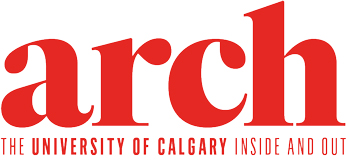Videography by Haley Martin
It’s been drilled into our minds for as long as most of us can remember that eating your fruits and vegetables is the key to growing up big and strong. While maintaining a balanced diet is important, unfortunately, nutritious food isn’t accessible to everyone and is often limited in many countries. Dr. Logan Skori, BSc’14, PhD’22, didn’t initially set out to solve global food and nutrition challenges, but, after witnessing the agriculture hardships of Alberta farmers and malnutrition in underdeveloped nations, he partnered with Dr. Marcus Samuel, PhD, a professor in the Faculty of Science, to seek a solution. They formed an agriculture biotechnology company called AgGene. In the process of their research, they unintentionally increased the protein content in rice seeds. Considered to be a non-genetically modified technology (GMO), AgGene’s gene-editing biotechnology has the potential to significantly boost nutrition, with far-reaching impacts for farming in drought conditions and tackling the problem of food insecurity.
EXTRA CREDIT
AgGene is supported by Innovate Calgary and the Innovation@UCalgary ecosystem, which provides mentorship, training, funding and at any stage of the innovation journey, helping move research to impact.
Special thanks to Dr. Mendel Perkins, BSc’14, MSc’17, PhD, and Ayush Gupta, BSc’20, MBT’22, of AgGene for their time and participation.



